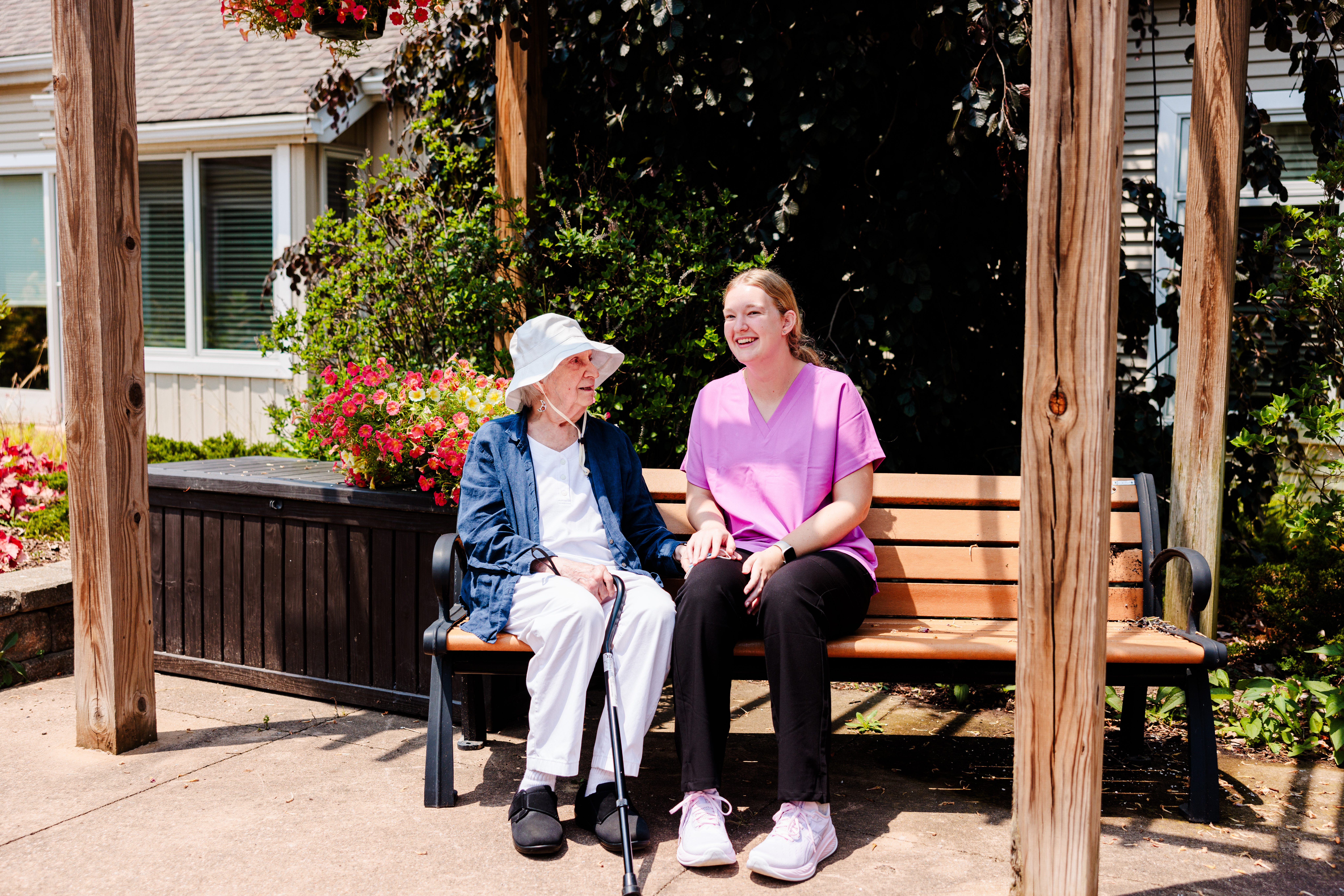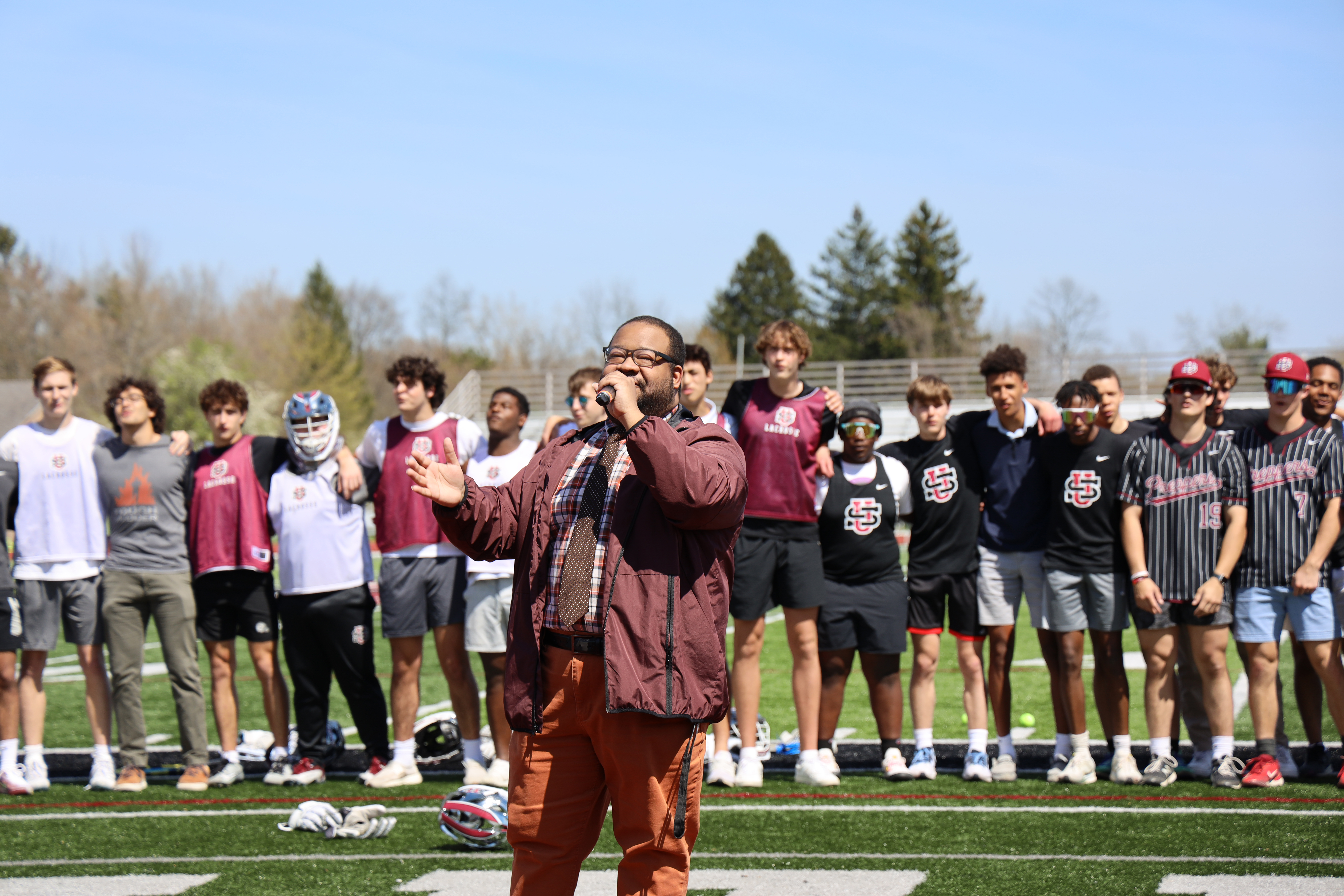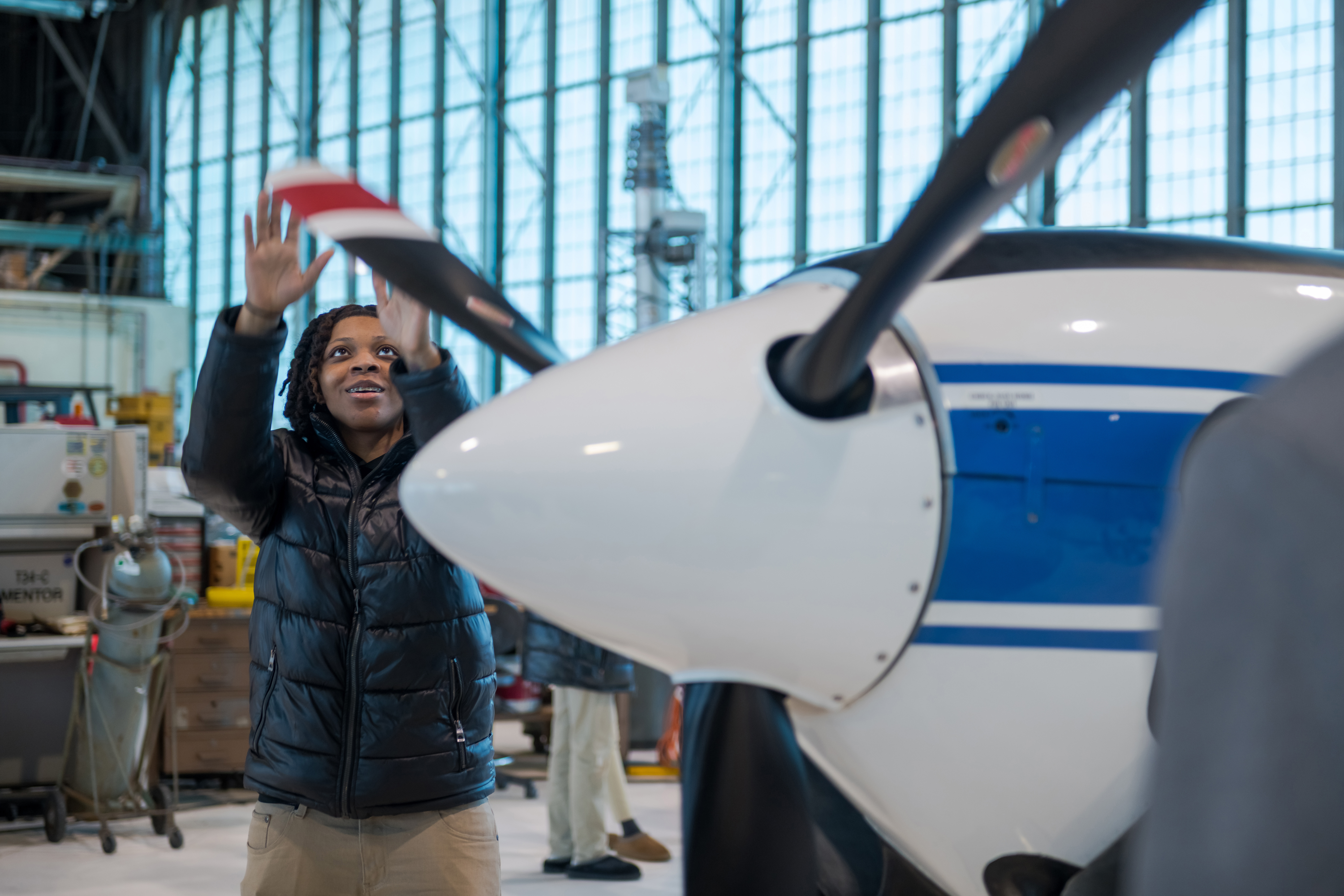The Changing
May. 31, 2009 | 4:00 AM
Today, Daniel is an operating room nurse at the Louis Stokes Cleveland Department of Veterans Affairs Medical Center at Wade Park in University Circle. He’s also a grandfather and a former steel mill worker and union electrician.
As a solidly built 18-year-old graduate of Glenville High School, Daniel figured he had a future in the steel mills and went to work for LTV Steel right out of high school.
“My first 12 years in steel, I was probably laid off five times,” Daniel recalls. “I could never buy a house. I had trouble making car payments.”
His career took a turn for the better after another round of layoffs in 1985 when Daniel, frustrated and reaching for new opportunities, applied for a position in a new startup that LTV was launching as a joint venture. Out of 2,500 applicants, he was one of just 45 who got the job. He also got to travel to Japan to learn new manufacturing techniques.
But in the manufacturing world, time spent in one job is time that counts toward retirement. Exciting as this move was for him, Daniel lost credit for the 12 years he had already put in at LTV. After a few years at his new job, he came to two other realizations.
“I’m an electronic technician, and I’m a dime a dozen,” he says.
Not only that, but he saw technology moving so fast that his skills would soon become obsolete.
▲ ▲ ▲
That’s when Daniel decided to go into a health-related field. His first choice was to train as a surgical assistant. But since surgeries take place during the day, he would have to give up his job — a requirement that just wasn’t possible for a man with a family.
So at the age of 38, Daniel decided to become a nurse.
“The nursing program at Tri-C offered a weekend and evening program,” he says. “I had to trade my 3:00 to 11:00 [shifts] to go to school. With everything I lost in overtime, I probably could have gone to Harvard.”
He laughs now, but his wife didn’t find it funny. She thought he was either facing a midlife crisis or had just gone nuts. Daniel didn’t get in the program right away. He spent two years taking prerequisite courses until a spot opened up — in the end, it took him four years to get a two-year degree.
“When I graduated, my plan was to leave LTV and go right into nursing while it was fresh in my mind,” he says. “I was ready.”
▲ ▲ ▲
A month after graduation, Daniel received unexpected news.
“My union renegotiated back my 12 years,” he explains. “So I went from a 12-year employee to a 24-year employee. I had to make it to 30 years to retire, so now I’m at this fork in the road.”
He decided to stick it out, which meant putting his nursing career on hold for another six years. “I kept my contact hours current so that my license would [not expire],” he says. “But still, not ever really practicing nursing — when I retired I had to take a 16-week refresher course at Cleveland State University.”
His first nursing job was in medical-surgical nursing, where every day is different. He had heart patients and orthopaedic surgery patients. He had young patients and older patients who would get confused and pull out their IVs. It was trial by fire.
Still, he knew he had almost found the perfect career.
▲ ▲ ▲
Most of all, Daniel wanted to learn surgery, a track which required yet more training. After finally starting his dream career, he returned to school again to get a bachelor’s from the University of Akron. He also thought about pursuing a master’s degree to become a nurse practitioner, an intense program that would have required him to quit work. It was an idea his wife nixed.
After about a year, Daniel went from being a new graduate (6 years delayed) to working in a dialysis unit. He then completed a perioperative program so he could become an operating room nurse, where he hoped he would be working with adults.
“They called me and said, ‘We have good news and bad news. We have a slot for you in the perioperative program. The bad news is it’s not with adults. It’s pediatric surgery,’ ” Daniel recalls. I had to think about that. It was hard, but I wanted to get into perioperative nursing, so I accepted.”
Thankful for such important changes in his own life, Daniel wanted to help young black boys understand the benefits of a good education and career. Although more men are choosing nursing these days, it’s a career that most urban black teens don’t even consider. So, unable to find work as a school nurse, Daniel decided to mentor on the job at the Cuyahoga County jail.
Instead, he spent most of each shift giving insulin shots to diabetic inmates. “That’s the only interaction you have with them. You talk a little while doing a blood sugar reading,” he explains. “I said, ‘This is not fulfilling.’ ”
Daniel returned to the O.R. in August 2008, and while he still looks like a steel worker, his physique has an advantage.
“I’m always called to lift patients,” he laughs.
After a career filled with twists and turns, Daniel finally feels settled. “I’m happy now,” he says.
Trending
-
1
-
2
-
3
-
4
-
5










